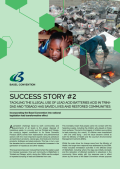
Dumping of lead-acid batteries from cars in Trinidad and Tobago has resulted in children being exposed to lead poisoning. Responding to the situation, the government enacted national legislation, as called for in the Basel Convention, to minimize their generation and ensure their environmentally sound management.

This case study is based on the water resilience approach developed after the historic three-year drought from 2015 to 2018 in Cape Town South Africa. A region that had grown accustomed to water shortages when it came close to what was described as a "day zero" scenario, where water safety would be almost completely compromised.
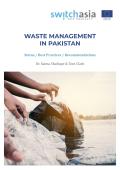
This case study explores how Pakistan can develop its institutions and systems for the efficient management of waste.
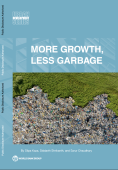
This publication presents an overview of how waste generation could grow if the world continues along the current trajectory and how to consider changing that path.
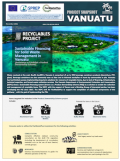
The document presents the status of Vanuatu's Product Stewardship Scheme for the collection and management of recyclable items.
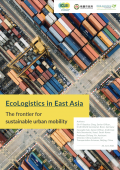
This paper presents case studies and analysis of the mobility and logistics challenges of three East Asian cities.
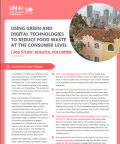
This case study is about using green and digital technologies for reducing food waste in Bogota, Colombia.

The paper outlines how integrated sustainable solid waste management in the Marshall Islands can improve existing waste collection and disposal practices.
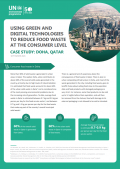
This case study shows how Doha can harness green and digital technologies to reduce food waste at the consumer level as well as contribute to the SDGs and climate goals, and build back better from the COVID-19 pandemic.
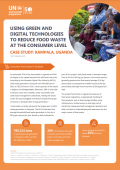
This case study shows how Kampala can harness green and digital technologies to reduce food waste at consumer level, contribute to the SDGs and climate goals, and build back better from the COVID-19 pandemic.
